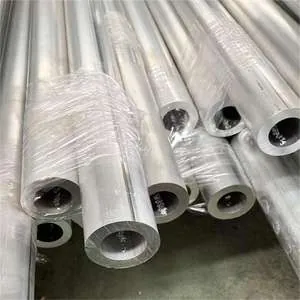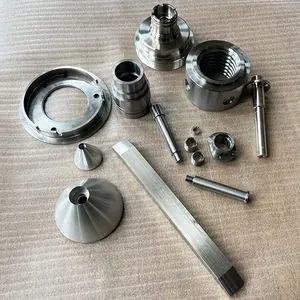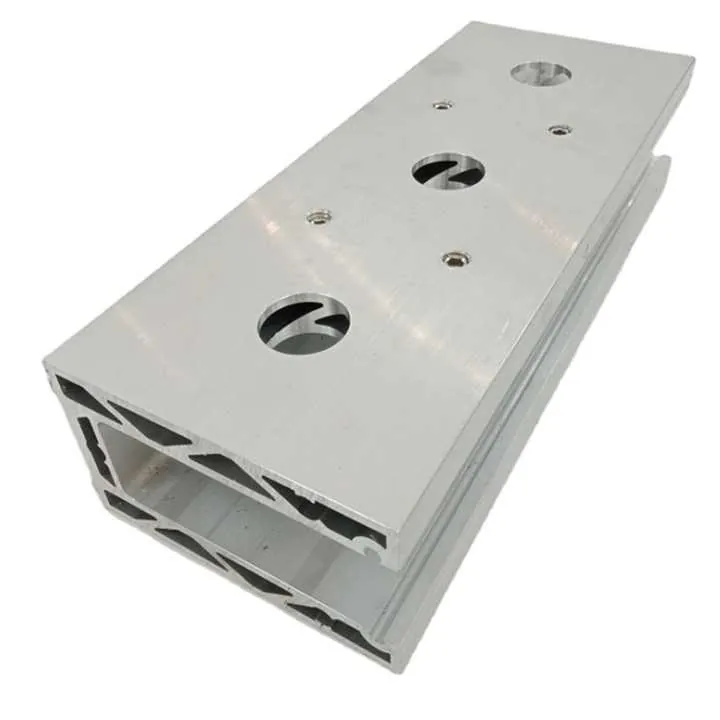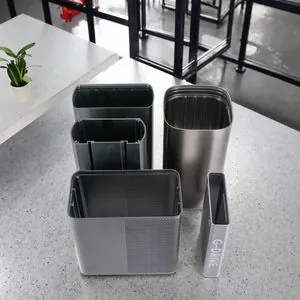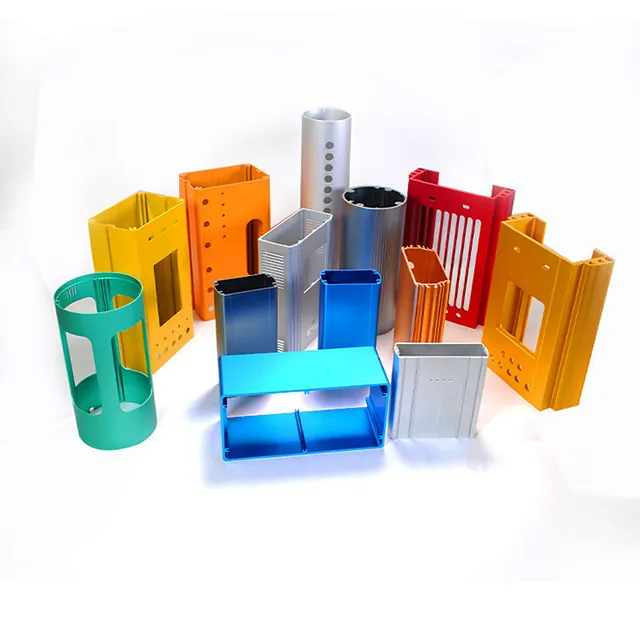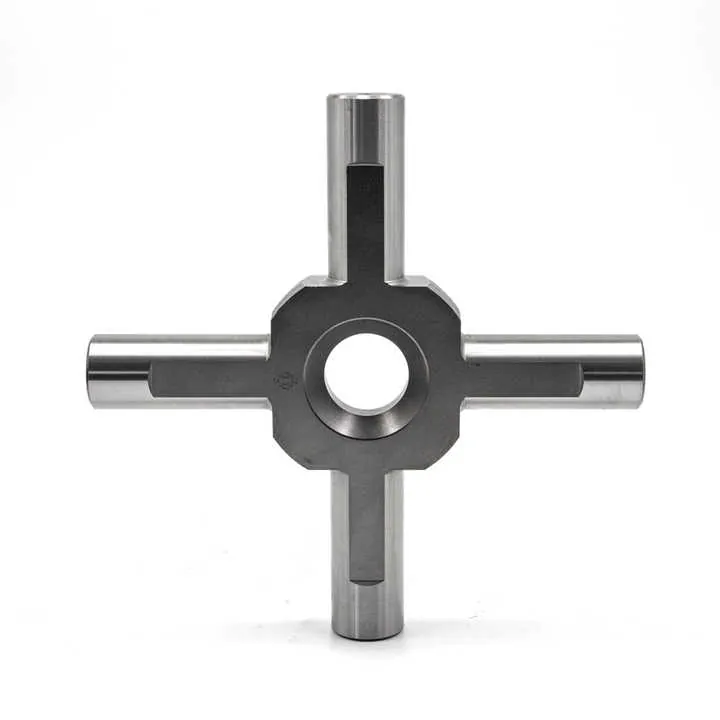CNC Machining Guatemala: Manufacturers & Industry Guide
第1部:市場規模と成長
CNC machining in Guatemala is still in an early stage but has strong potential. The country is positioning itself as a regional manufacturing hub in Central America. Many industries here are upgrading from manual to automated production methods. CNC machining supports that transformation because it brings precision, repeatability, and scalability to local workshops and industrial plants.
In recent years, more Guatemalan companies have invested in CNC milling, turning, and cutting equipment. This growth is tied to rising export demand for metal components, tools, and molds used in automotive, electronics, and packaging industries. Although the market is smaller than Mexico or Brazil, its growth rate is steady. International investors and small manufacturers have started to see Guatemala as a cost-efficient option for nearshoring production to North America.
Government policies are also playing an important role. Industrial parks in Guatemala City, Mixco, and Quetzaltenango offer infrastructure for light manufacturing. The Central American Free Trade Agreement (CAFTA-DR) allows machinery and spare parts to flow with fewer tariffs. These changes help local machine shops expand faster and attract technical talent. I noticed during my visits to local factories that the number of CNC-equipped facilities has grown year by year.
パート2:主要企業
MecanoCNC Guatemala
お問い合わせ
MecanoCNC is one of the most recognized CNC machining service providers in Guatemala. It was founded to offer world-class precision machining at local prices. Located near Guatemala City, the company specializes in 2D and 3D CNC milling, engraving, and cutting. Its operations reflect a shift from traditional craftsmanship to digital fabrication, showing that Guatemalan industry is ready to embrace innovation.
The firm provides customized machining for small and medium clients. It serves advertising, furniture, automotive, and industrial equipment sectors. Its machines handle both metal and wood materials, which gives it flexibility. MecanoCNC often promotes the idea that “precision should be accessible locally,” which resonates strongly with small manufacturers trying to modernize.
Technically, the company emphasizes fast turnaround and reduced import dependence. It aims to help clients avoid long lead times for overseas parts. That focus on local service, combined with technical skill, makes it a model for emerging CNC enterprises in the country. No ISO certifications have been disclosed publicly yet, but the company’s quality standards appear consistent.
SERTIGUA (Servicios Técnicos e Industriales de Guatemala)
お問い合わせ
SERTIGUA is a technical and industrial service provider known for distributing and maintaining CNC equipment. Established in Guatemala City, it focuses on offering complete machinery solutions rather than only subcontracting production. Its catalog includes nesting centers, routers, and precision machines used in furniture and metal fabrication.
The company integrates imported parts from brands like HIWIN and HSD Italy to guarantee stability and accuracy. It supports industries such as wood processing, signage, and light metal fabrication. SERTIGUA’s engineers also provide installation, calibration, and operator training, which helps local clients adopt automation more easily. I once spoke with a manager who mentioned that many of their customers come from family-owned furniture workshops trying to digitalize.
Although SERTIGUA mainly acts as an equipment distributor, it represents the growing ecosystem that supports CNC adoption in Guatemala. Without companies like this, local manufacturers would struggle to access spare parts and after-sales service. Its presence shows that a support network for CNC technology is slowly forming.
Tornos Rosario
お問い合わせ
Tornos Rosario operates in Quetzaltenango, one of the industrial centers in western Guatemala. It started as a small turning and milling shop and gradually expanded its capabilities. The workshop focuses on precision turning for automotive and mechanical components, serving local clients who need small to medium batches of metal parts.
Their core strength lies in manual craftsmanship combined with CNC technology. Workers are skilled in metal turning, threading, and component assembly. The shop is known for its detail-oriented service and quick project delivery. When I visited the region, engineers from nearby factories often recommended this workshop for emergency machining jobs.
Although the company is modest in size, it represents the foundation of Guatemala’s CNC landscape: experienced machinists integrating automation into traditional operations. It does not list formal certifications but has built a solid reputation through reliability and personal service.
企業比較表
| 会社概要 | 設立/所在地 | コア製品 | 産業 | 認証 |
|---|---|---|---|---|
| MecanoCNC | Guatemala City | 2D & 3D CNC machining, engraving | Advertising, furniture, light industry | 非公開 |
| SERTIGUA | Guatemala City | CNC nesting centers, routers, maintenance | Woodworking, metal fabrication | 非公開 |
| Tornos Rosario | Quetzaltenango | Turning and milling services | Automotive, mechanical repair | 非公開 |
パート3:トレードショーと業界イベント
Guatemala’s CNC and manufacturing scene connects mainly through regional trade fairs across Central and Latin America. These events help small machine shops meet global equipment brands, learn new techniques, and network with potential buyers.
Expo Manufactura / Expo Industrias
Expo Manufactura is one of Latin America’s top manufacturing exhibitions. It features metalworking, automation, and CNC technologies. Guatemalan engineers and buyers often attend to explore equipment options for their workshops. The event usually takes place in Mexico or major Latin American cities, gathering professionals from across the region. CNC systems, CAD/CAM software, and robotic arms are among the most popular highlights.
I find this event particularly useful because it connects Guatemalan SMEs with global suppliers. Many participants return home with new ideas for upgrading production. Even small machine shops can identify affordable technologies suited for their scale.
FIMEC – Feira Internacional de Máquinas e Equipamentos
FIMEC, held in southern Brazil, is another major industrial fair that attracts attendees from across Latin America. It showcases advanced manufacturing equipment, including cutting, laser, and CNC solutions. Guatemalan distributors and service providers like SERTIGUA often visit to explore partnerships with equipment manufacturers.
The fair’s main attraction is its combination of technology demonstrations and live workshops. It’s a great venue to observe practical innovations and evaluate potential suppliers. Participation in such events gives Guatemalan companies better insight into market trends and new materials.
| イベント | 日付 | 所在地 | ハイライト |
|---|---|---|---|
| Expo Manufactura / Expo Industrias | 毎年または隔年 | Mexico / Latin America | CNC machines, automation, and smart manufacturing |
| FIMEC | 年間 | Brazil | Machine tools, precision systems, and new technologies |
パート4:世界貿易政策の影響
CNC machining is closely linked to global trade because machinery, cutting tools, and raw materials often come from abroad. When trade policies change, they can directly influence production costs and competitiveness. For Guatemalan manufacturers, stability in trade agreements is essential to maintain predictable import prices.
Guatemala benefits from free trade frameworks like CAFTA-DR, which allows easier access to machinery and raw materials from the U.S. However, if geopolitical tensions increase or tariffs rise, it could become harder to source high-quality equipment affordably. Some shop owners told me that importing specific cutting tools can take weeks due to customs delays or additional duties.
Local substitution is another important issue. Guatemala still depends heavily on imported machine parts and software. Strengthening local supply chains could reduce vulnerability to disruptions. Yet developing such capacity requires investment, skilled labor, and government incentives. The country has started technical education programs, but more collaboration between schools and industry is needed.
Competition is also shifting. Countries like Mexico and Colombia have larger CNC sectors and better export channels. To compete, Guatemalan workshops must focus on flexibility, customer service, and short delivery times. The nearshoring trend, driven by U.S. companies seeking suppliers closer to home, creates new opportunities for Guatemalan machining firms to enter regional supply chains if they can meet quality standards.
パート5:結論
The CNC machining industry in Guatemala is small but promising. It plays a key role in helping the nation transition from traditional craftsmanship to automated, high-precision manufacturing. The presence of firms like MecanoCNC, SERTIGUA, and Tornos Rosario shows that the foundation is already being built. With the right investment, training, and trade support, Guatemala could become a niche supplier in Central American and North American markets.
However, challenges remain. Import dependence, limited certification, and skill shortages still slow growth. The sector needs stronger technical education, access to financing, and cooperation with international technology providers. If these gaps are addressed, CNC machining could become a strategic industry for Guatemala’s broader industrial development. In the next decade, the combination of local initiative and global connectivity may redefine how precision manufacturing works in the region.
お薦め本:「批評
- CNCマシニング東郷:メーカー&産業ガイド
- CNC加工セルビア:メーカー & 業界ガイド
- CNC加工 モンゴル:メーカー&産業ガイド
- CNC加工ジブチ:メーカー & 業界ガイド
- CNC加工 カメルーン:メーカー&産業ガイド
- CNC Machining Honduras: Manufacturers & Industry Guide
- CNC Machining Panama: Manufacturers & Industry Guide
- CNC Machining San Marino: Manufacturers & Industry Guide
装飾用アルミ・ブルノーズ・トリム
Brushed Aluminum Tube Manufacturer
ビール機械の冷却のためのアルミニウム脱熱器
U字型押出アルミニウム壁パネル
